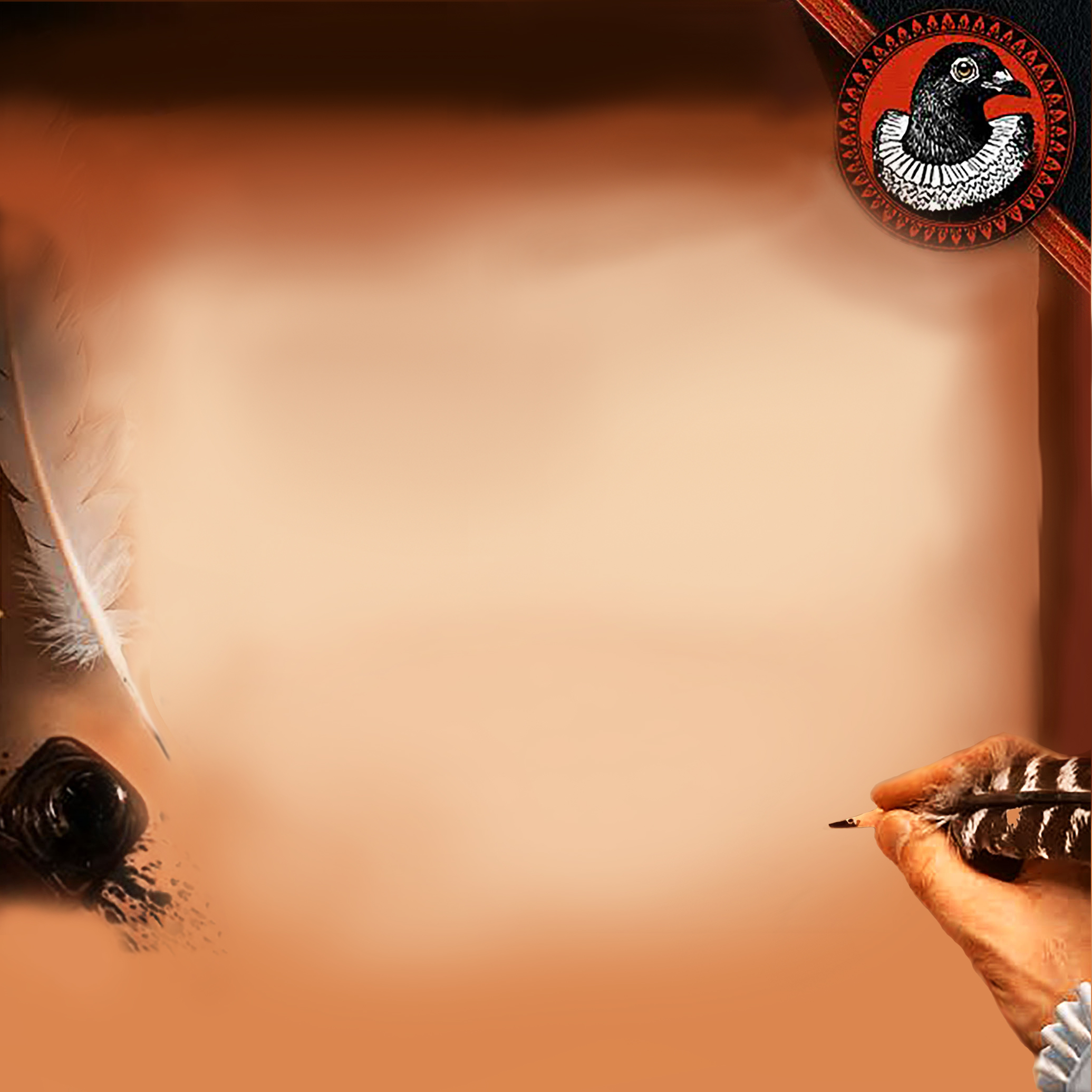Netflix is currently showing a Ron Howard movie titled A Hillbilly Elegy, based on the novel of the same name that was written by C.D. Vance. The story details Vance’s life story, focusing on his roots in the hill country of Kentucky, and the culture clash he experienced when he was admitted to Yale Law School, underlined by his need to care for his mother after she suffered a drug overdose, even as he pursued his studies.
While Americans do what we can to de-emphasize class distinctions as conflicting with our national self-image, Elizabethan England emphasized them. Your social position was determined by birth, although in some cases you could purchase a higher rank, or at least marry into a family that held one. Shakespeare himself, or at least the gentleman from Stratford on Avon, purchased the designation of “gentleman.”
In A Midsummer Night’s Dream, one set of characters are the “mechanicals” or tradesmen, working class artisans of Athens, who have decided to meet in the woods to prepare a play for the entertainment of the Duke of Athens. The most dynamic of the mechanicals is Bottom, famous in the play for being transformed, from the neck up, into an ass (hence his name). Bottom is delayed in joining the other mechanicals by that adventure, and in his absence, the other mechanicals are dismayed at the opportunity they seem have lost to profit by amusing the plutocrats of their era:
Snug: “Masters, the duke is coming from the temple, and
there is two or three lords and ladies more married:
if our sport had gone forward, we had all been made
men.”
Flute: “O sweet bully Bottom! Thus hath he lost sixpence a
day during his life; he could not have ‘scaped
sixpence a day: an the duke had not given him
sixpence a day for playing Pyramus, I’ll be hanged;
he would have deserved it: sixpence a day in
Pyramus, or nothing.”
For J.D. Vance, it was a completed Yale Law School education and life among the swells in a white-shoe law firm – or nothing.
Shakespeare, by the way, knew that you wouldn’t find sixpence anywhere in ancient Athens. The-up entire play is a send-up: the mechanicals feel torn straight out of Elizabethan England; the Duke himself is the only half-human demigod Theseus of Greek mythology, and the play the mechanicals put on is Pyramus and Thisby, which Shakespeare presents as a satire of his own Romeo and Juliet, possibly staged just the year before. The play also features a quartet of young lovers drawn from the Athenian aristocracy, and Titania the Queen of the Fairies, and Oberon her jealous King, drawn from the world of pure fantasy. These various characters could not be more foreign to each other than J.D. Vance and his Yale classmates, who we will charitably hope did not imagine the Kentuckian with an ass-head atop his shoulders.
In the end, Bottom shows up in the nick of time and saves the day, and their play, as it must, goes on (the strings refers to strings used to hold an actor’s fake beard to his face; pumps are shoes; our play is preferred means the Duke has agreed to see it:
Bottom: “Where are these lads? where are these hearts?”
Quince: “Bottom! O most courageous day! O most happy hour!”
Bottom: “Masters, I am to discourse wonders: but ask me not
what; for if I tell you, I am no true Athenian. I
will tell you every thing, right as it fell out.”
Quince: “Let us hear, sweet Bottom.”
Bottom: “Not a word of me. All that I will tell you is, that
the duke hath dined. Get your apparel together,
good strings to your beards, new ribbons to your
pumps; meet presently at the palace; every man look
o’er his part; for the short and the long is, our
play is preferred. In any case, let Thisby have
clean linen; and let not him that plays the lion
pair his nails, for they shall hang out for the
lion’s claws. And, most dear actors, eat no onions
nor garlic, for we are to utter sweet breath; and I
do not doubt but to hear them say, it is a sweet
comedy. No more words: away! go, away!”
